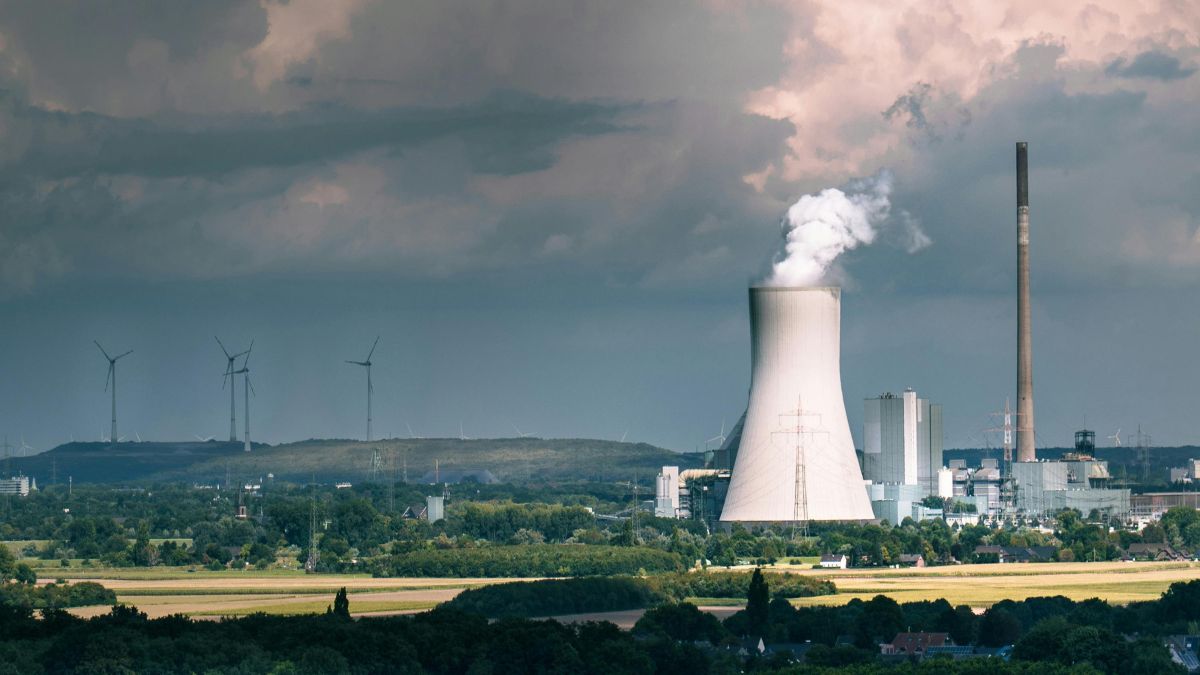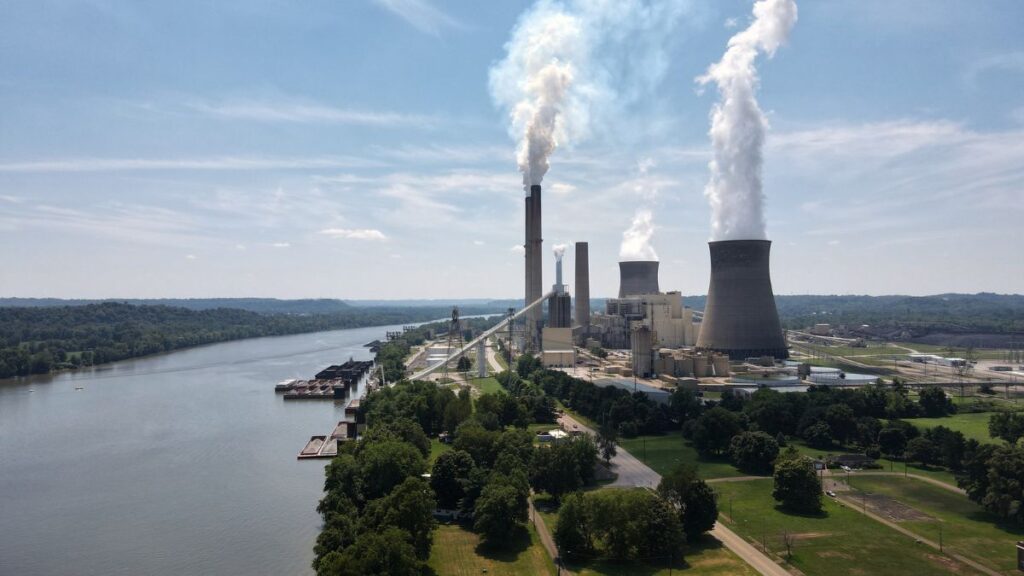Investing in nuclear energy in the UK: financial returns and its role in the energy transition
By gabriel |

As the UK accelerates its transition towards a low-carbon future, the debate around nuclear power is gaining renewed attention. After years of hesitation, both investors and policymakers are reconsidering the role of nuclear energy as a reliable and scalable solution for clean electricity generation. For many, investing in nuclear energy in the UK is no longer just a matter of environmental commitment — it’s a strategic financial opportunity.
The government’s pledge to achieve net zero by 2050 has placed nuclear energy back in the spotlight. With projects such as Hinkley Point C and the planned small modular reactors (SMRs), the sector is undergoing a modern revival. For investors, this resurgence represents a rare combination of long-term stability, innovation and sustainable potential.
The renewed importance of nuclear power

In recent years, energy security and decarbonisation have become central themes in the UK’s policy agenda. The global energy crisis of the early 2020s exposed the vulnerabilities of relying heavily on imported fossil fuels. As a result, nuclear energy has re-emerged as a cornerstone of the country’s energy strategy.
Unlike intermittent renewable sources such as wind and solar, nuclear power provides consistent baseload generation. This reliability ensures that electricity remains available regardless of weather conditions, supporting the integration of renewables into the grid. For investors, this operational stability translates into predictable cash flows and lower exposure to short-term market volatility.
Financial potential and government incentives
One of the main attractions of investing in nuclear energy in the UK lies in its financial structure. The British government has introduced mechanisms like the Regulated Asset Base (RAB) model, which allows investors to receive returns during the construction phase — a key shift from traditional models that only pay once the plant becomes operational.
This structure significantly reduces project risk and improves liquidity, making nuclear projects more attractive to institutional investors and pension funds seeking long-term returns. In addition, tax incentives and green investment classifications are helping to align nuclear energy with the growing demand for ESG-compliant assets.
Risks and challenges for investors
Despite its potential, nuclear investment is not without challenges. High upfront costs, lengthy construction timelines and regulatory complexity can deter short-term investors. Furthermore, the management of radioactive waste and public perception remain sensitive issues that influence political and financial support.
However, technological innovation is helping to mitigate some of these concerns. The development of SMRs promises lower construction costs, faster deployment and enhanced safety features. For investors, these innovations could mark a turning point, making nuclear projects more flexible and profitable than traditional large-scale plants.
Environmental and social considerations
The environmental profile of nuclear energy is complex but increasingly positive. While waste disposal remains a long-term issue, the carbon footprint of nuclear generation is among the lowest of any energy source. In the context of the UK’s decarbonisation targets, this makes nuclear a vital component of a sustainable energy mix.
Public opinion is gradually shifting as well. With rising awareness of climate change and the limitations of renewables alone, the public narrative around nuclear power is evolving from fear to pragmatism. This change in perception strengthens the social licence for investment and paves the way for a more balanced energy transition.
The role of nuclear in the energy transition
Nuclear power’s contribution to the UK’s energy transition is multifaceted. It provides stability to a grid increasingly reliant on intermittent renewables, supports industrial electrification and contributes to national energy independence. From a policy perspective, it aligns with the government’s ambition to achieve net zero while maintaining economic growth.
For investors, the strategic importance of nuclear extends beyond profit. It represents participation in one of the most critical infrastructure transformations of the 21st century, one that combines sustainability, innovation and resilience. Investing in this sector is not just about returns, but about shaping the future of energy in Britain.


